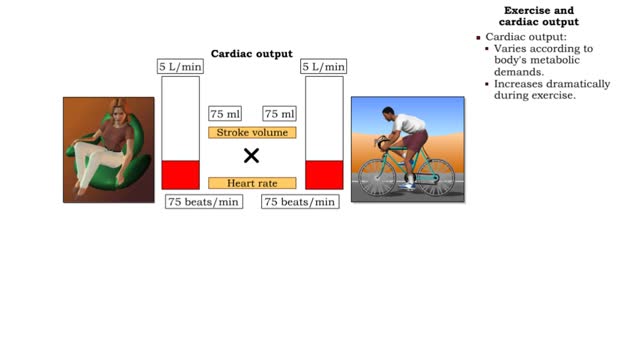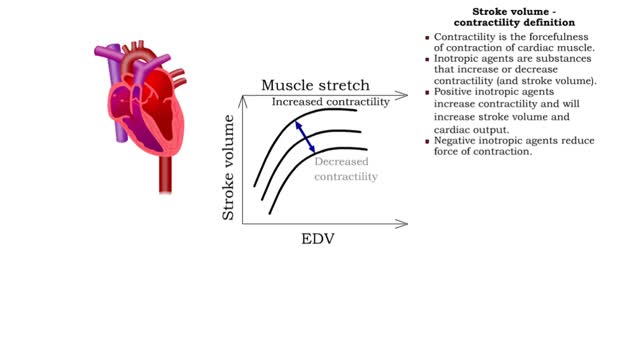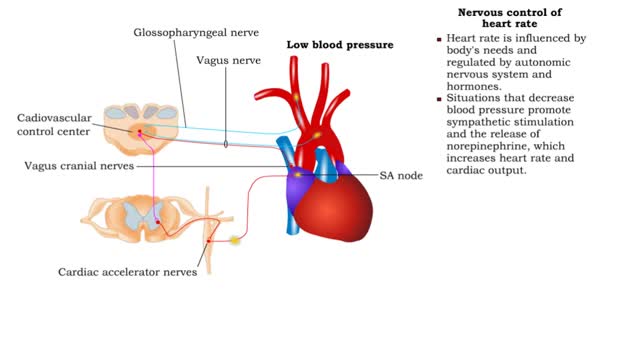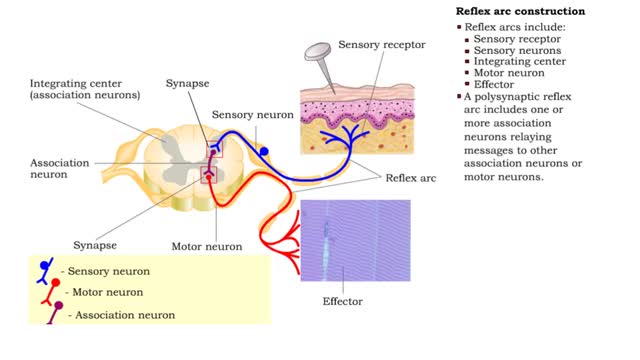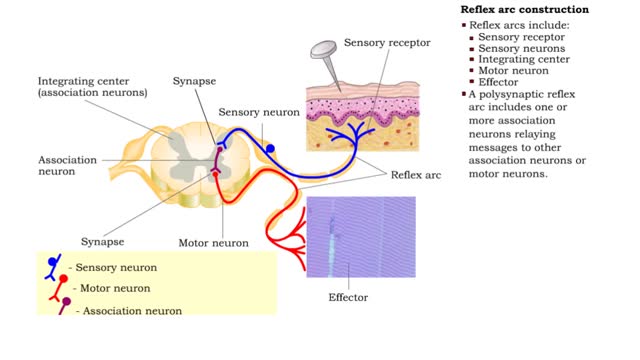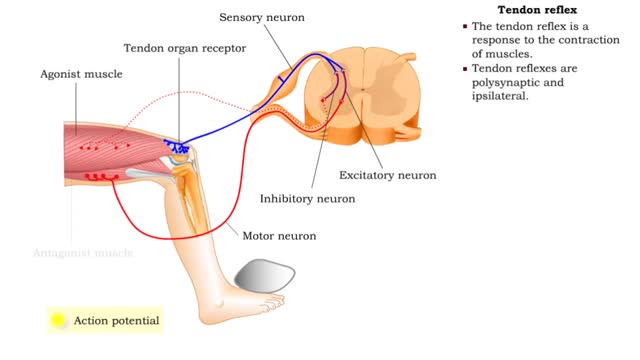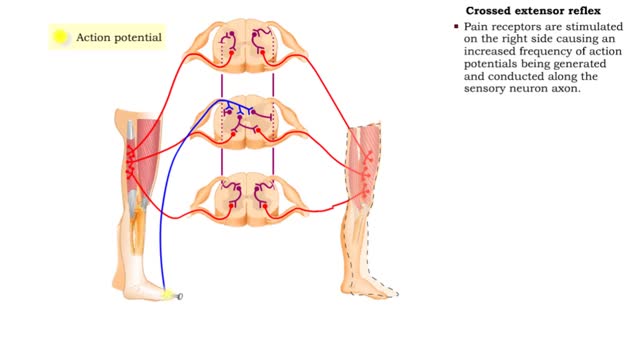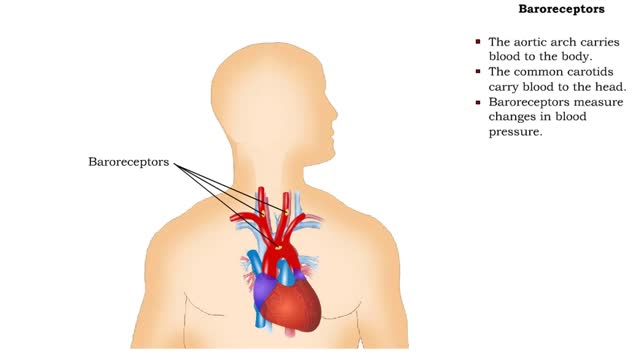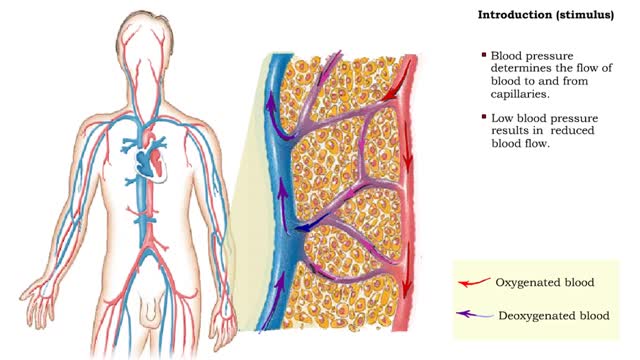Search Results
Results for: 'Fl'
Exercise and cardiac output & Definition of stroke volume
By: HWC, Views: 10910
▪ Cardiac output: • Maintains blood flow throughout the body. • Measure of blood volume ejected from the heart over a given time. • Determined by multiplying heart rate by stroke volume (CO = SV x HR). • Heart rate: Number of beats/min. • Stroke volume: Amount of blood eject...
By: HWC, Views: 10888
Preload definition • Preload is the degree of stretch of cardiac muscles cells prior to contraction. • The amount of stretch is related to the end-diastolic volume[EDV]. • Increased return blood flow from the veins increases end-diastolic volume. Cardiac muscle sarcomeres stretch and ...
By: HWC, Views: 11061
• Heart rate is determined by the rate of depolarizations of the sinoatrial (SA) node. • Cardiac output is directly proportional to heart rate, the greater the heart rate the greater the cardiac output. • Changes in heart rate are associated with exercise, stress or injury. Nervous ...
By: HWC, Views: 11005
• Somatic reflexes are the rapid, predictable, and automatic responses of skeletal muscle to changes in stimuli. • A reflex arc is the pathway followed by the nerve impulse producing the reflex. • Reflex arcs include: • Sensory receptor • Sensory neurons • Integrating c...
By: HWC, Views: 11027
• Somatic reflexes are the rapid, predictable, and automatic responses of skeletal muscle to changes in stimuli. • A reflex arc is the pathway followed by the nerve impulse producing the reflex. • Reflex arcs include: • Sensory receptor • Sensory neurons • Integrating cen...
Stretch reflex & Tendon reflex
By: HWC, Views: 10759
• The stretch reflex is a response to the stretching of muscles. It is monosynaptic and ipsilateral. • Stretching stimulates receptors in the muscle spindle of the agonist (stretched) muscle. • One or more action potentials are generated by the receptors and propagate along the axon of ...
Flexor reflex & Crossed extensor reflex
By: HWC, Views: 10868
• The flexor reflex is a response to pain. This reflex is polysynaptic, ipsilateral, and intersegmental. • Pain receptors are stimulated causing increased frequency of action potentials to be generated and conducted along the sensory neuron axon. • The sensory impulses excite several ass...
By: HWC, Views: 10656
A baroreceptor is a specialized nerve ending that allows your brain to sense blood flow and blood pressure in the major blood vessels of your circulatory system. • The aortic arch carries blood to the body. • The common carotids carry blood to the head. • Baroreceptors measure chang...
By: HWC, Views: 10622
• Blood pressure determines the flow of blood to and from capillaries. • Low blood pressure results in reduced blood flow. • High blood pressure can cause blood vessels to break. In humans, sensitivity is due to portions of the nervous system called receptors. Receptors are typicall...
Advertisement



